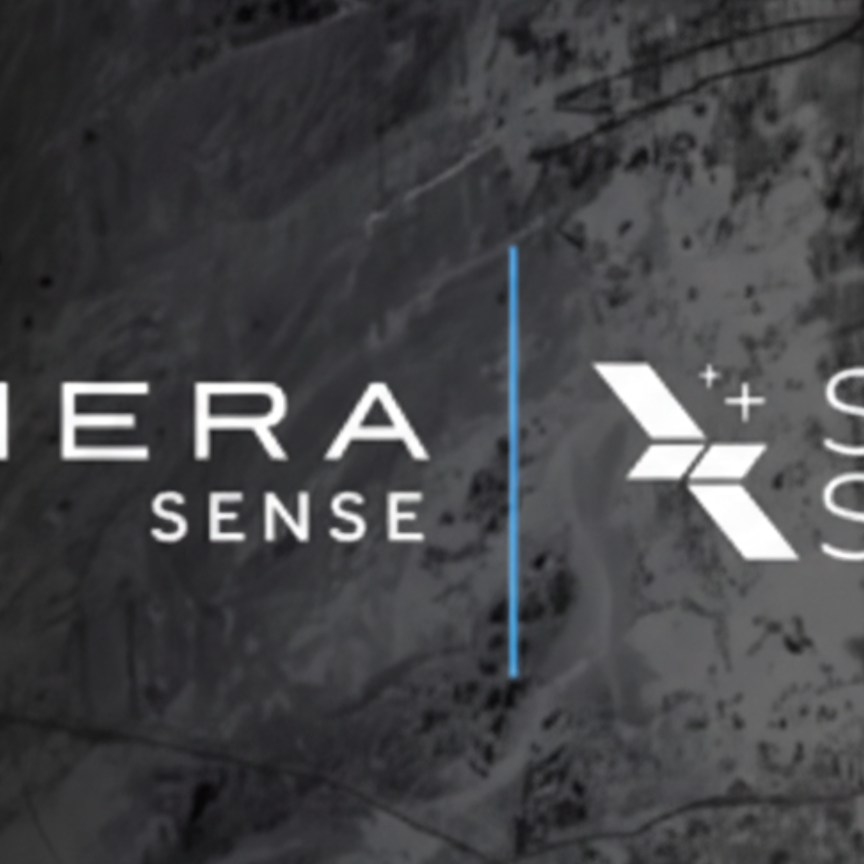A research programme developing non-invasive diagnostic techniques for the neurological disorder small fibre neuropathy (SFN) has shown how thermal imaging can be used to monitor pain processing in sufferers of the disease. Early results from the NeuroSIPE programme Beyond Pain project, funded by the Dutch Technology Foundation STW, demonstrate how a Flir SC5600 thermal imaging camera could be used as an effective, non-invasive tool for monitoring pain in the central nervous system of patients suffering from SFN.
Small fibre neuropathy is a sensory neuropathy that affects small fibres and their functions. Currently there is not a gold standard for the diagnosis of SFN. While skin biopsy provides an assessment of intra-epidermal nerve fibre density, the technique is invasive, labour-intensive and has limited accuracy. The goal of the Beyond Pain project is to develop a technique that enables quantitative and non-invasive diagnosis of SFN.
SFN is known to affect the local vasomotor response of skin. Using a method developed by Beyond Pain project, a subject’s skin is locally heated up to a maximum of 42°C with an infrared lamp. The thermal response of the skin is evaluated based on two signals: local skin blood flow, measured with laser Doppler flowmetry and local skin temperature, measured with a thermography camera (Flir SC5600). The first results on healthy volunteers demonstrate that the regulation of skin temperature can be assessed with the new technique.
Flir SC-Series thermal imaging cameras are used for capturing and recording thermal distribution and variations in real-time, allowing researchers to see and accurately measure heat patterns, dissipation, leakage, and other temperature factors in equipment, products and processes. These cameras can distinguish temperature changes as subtle as 0.02°C. They feature state-of-the-art detector technology and advanced mathematical algorithms for high performance and precise measurements from -80°C to +3,000°C.

